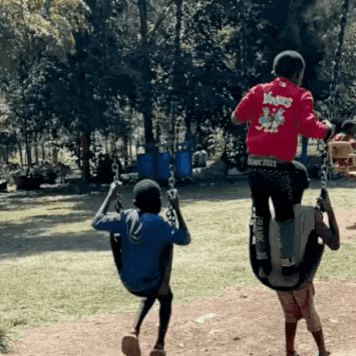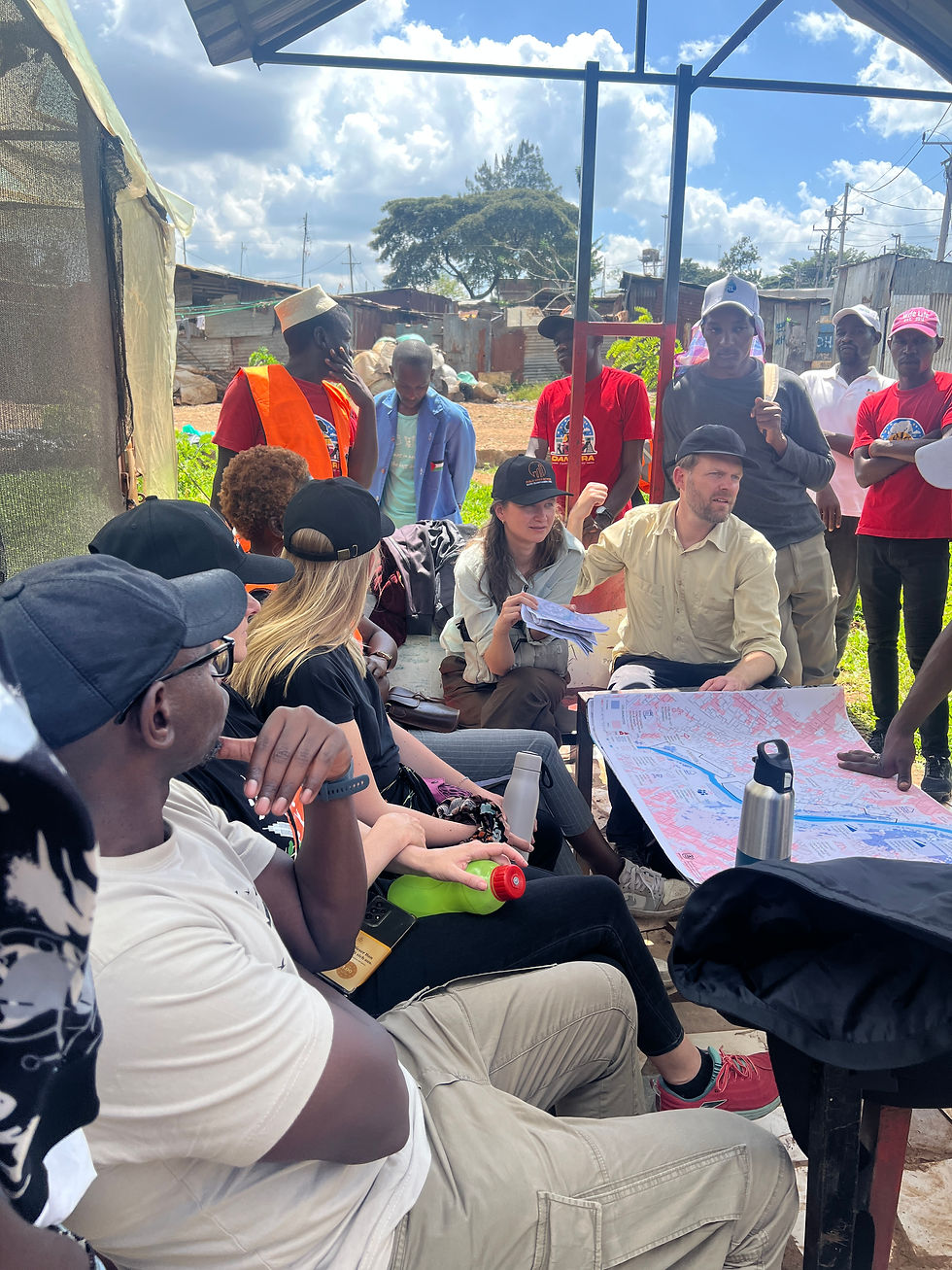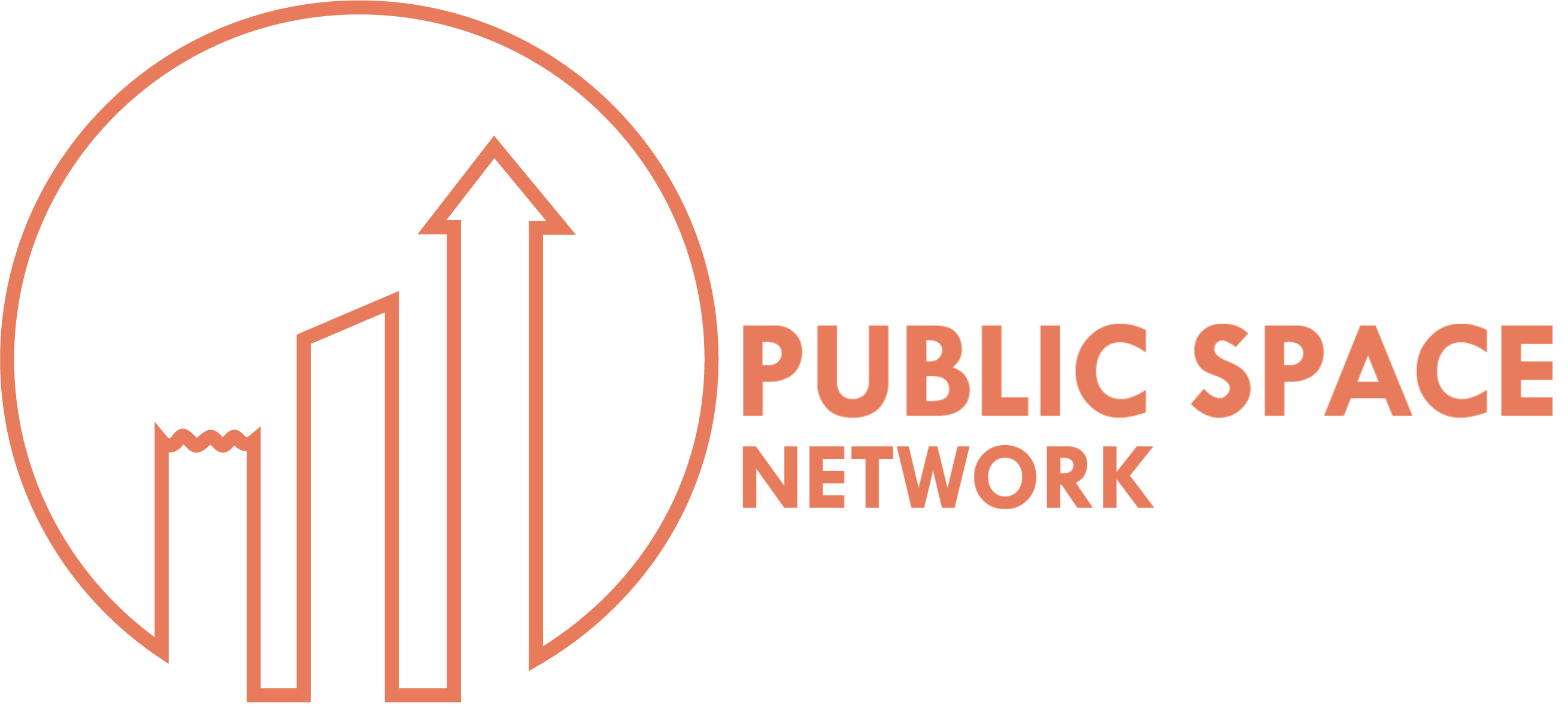Manifesto

At PSN, we see public spaces as more than physical locations, they are expressions of identity, equity, and hope. Our manifesto calls for streets, parks, and waterways that are safe, inclusive, and meaningful, where dignity is upheld and communities feel a shared sense of ownership. Together, we work to make every space a place where people can connect, thrive, and belong.
01
The public Spaces we want
.png)
They provide essential conditions for living in dignity. They shape a sense of belonging, of pride and cultural identity. People inevitably tie their sense of self-worth to the quality of spaces in which they live. Undignified public spaces engender feelings of poverty, low-esteem, worthlessness and hopelessness. Improving the quality of public spaces creates a renewed sense of hope, pride and imagination of a better future. In many ways, we shape our public spaces and they then shape us.

By providing places where people can meet, talk and interact. They bring communities together and create social cohesion in the city. Our mission is to enable all Nairobians to access clean, safe, healthy, inclusive, vibrant and connected public spaces, where they can make new, serendipitous and meaningful connections in their diversity.

They are productive spaces, creating value for the local economy by attracting people, recreation, cultural integration, businesses, investments and job opportunities. In the global competition between cities, they present a great marketing tool. For the youth that lead the transformation processes, they discover new opportunities for generating income in these renewed spaces enhancing their livelihood, dignity and helping to preserve the spaces.

They provide the opportunity for children to play, for people to exercise and enjoy a comfortable calming environment reducing stress. They increase access to vital services such as clean safe water, improved sanitation and proper waste management. Last but not least, the green public spaces strengthen the resilience of the city against environmental risks as they improve air quality, act as a drainage system, cooling corridors, wind shelter and a solar temperature moderator. They renew our links to nature and revitalize our humanity. Consequently, they improve public health.
_JPG.jpg)
By creating a vibrant city life with eyes on the street, at all times of the day, they make people feel safer and reduce insecurity. By sharing the space harmoniously among all users, they are pedestrian friendly, and encourage walking and cycling. They reduce vulnerability to flooding and natural disasters.

In an era of climate uncertainty, resilience becomes essential. Public spaces can buffer environmental shocks, nurture ecological balance, and support community-led responses. By weaving adaptation into the fabric of our shared environments, we transform them into sites of protection, renewal, and justice; living frameworks that help us weather change together.
05
Action Points
01
Experience and knowledge sharing
Together, we will leverage our expertise, networks and resources to improve public spaces in the city. Sharing tested solutions on public space making with other network members will enable localized success stories to spread over Nairobi and maximize their positive impact on the entire city.
02
Awareness raising and advocacy
We will raise awareness about the importance of well-managed vibrant public space networks for inclusive, equitable and livable cities. We aim to inform the general public about the positive impacts great public spaces have on them.
03
Collaboration
We will seek to improve the use and access to public spaces by conducting joint activities, engaging communities and assisting them in adapting existing solutions to their context through design-thinking, and advocating with policy makers to enable a coordinated city-wide approach to place-making.
02
The public Spaces we want

A great public place makes everyone feel welcome. We are committed to making public spaces accessible to everyone, regardless of gender, age, ethnic and cultural origins and social belonging. Particularly, we want to provide the most vulnerable groups with tools to improve their lives. We believe that there is not a faster or cheaper way to improve the quality of life for communities than to improve the public spaces they interact with. We also believe that streets should be designed not only for cars but mainly for people.

A great place is active and productive. We are committed to spur a diversity of activities - social, economic and cultural - to maximize the positive impact of every place in people’s lives. Public places are economic and social drivers, and as such they are great engines for development and social cohesion. We are dedicated to promoting multiple uses of public spaces to maximize their utility and relevance in line with different needs and expectations and to seek for a harmonious cohabitation of all public space users – both in physical terms at one time of the day as well as at different times of the day and the year.

We build places to build communities. An integrated approach addresses different aspects of public spaces. It looks at everything from restoration to management and maintenance. Creating public spaces is not only about a great physical design, it is first and foremost about mobilizing the local community to own the space so they can protect it and maintain it. It is about developing viable business models on usage and maintenance in a way that creates virtuous cycles of social and economic benefits. The community must have a vested interest in maintaining the place. All these issues are to be addressed simultaneously. The conception of a public space should come with a plan for future maintenance to ensure quality and sustainability over time.

We believe in the power of citizens to shape their city together. Placemaking is about creating places that are suited to each community but also about empowering the residents and developing their capacities to define and implement what they desire. We are committed to involving the broadest range of stakeholders (residents, civic groups, private entities, public authorities etc.) to collectively work on the planning, design and management of public spaces. Informal actors should be considered as fully-fledged citizens and be part of the process as well. The local community are the ones that demand, drive, shape and protect the transformation of the space.

We believe in connecting localized initiatives to ensure their city-wide impact. A healthy, walkable and sustainable city can only be achieved through a well-connected network of public spaces, implying the need for collaboration of all public space stakeholders in the city. In addition to bringing pride to each neighbourhood, great public spaces reinforce both the identity of the city and the Nairobi « brand » in the international context. We are committed to supporting and promoting coherent strategies, frameworks and policies to enable good practice on public spaces.
